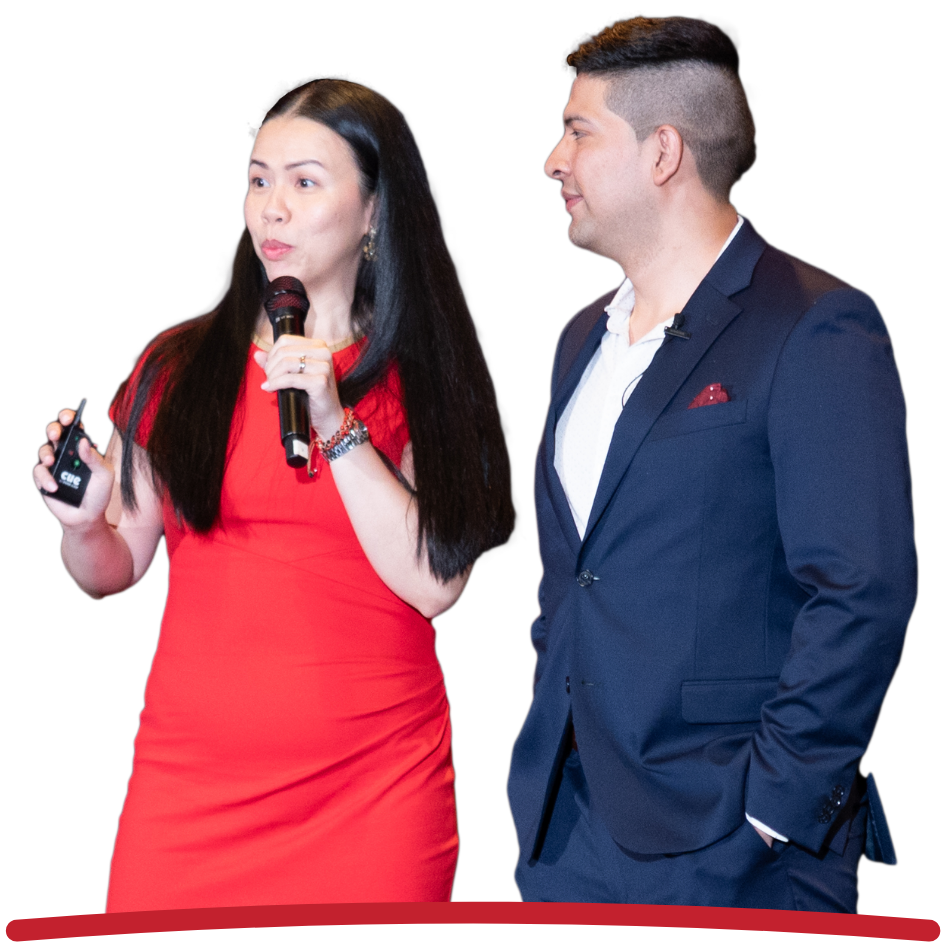Learn How to Purchase Profitable Properties in December, 2025
We teach and provide you:
Finding profitable properties with little money
Increasing the cash flow of your properties before and after the purchase
The necessary contacts to expand into real estate
Strategies to build and leave a legacy to your loved ones
Strategies to protect your assets from lawsuits
Mentors and a community of investors who will answer your questions when investing
Few seats available

Why investing WITHOUT our mentoring can cost you thousands of dollars
Hello investor or future investor,
You are here because you want to build a better financial future for yourself and your loved ones or generate more profits with your properties.
I am Lucelia Chou, co-founder of Novarise, and together with my team, we are here to help you. Before we continue, let me show you how expensive it can be to venture into the world of real estate investing without proper guidance. Consider the following costs if you decide to do so WITHOUT our mentorship:
The choice of a property that results in headaches and no cash flow, or worse, having to pay out of your own pocket.
The lack of knowledge on how to legally structure your properties to minimize your taxes.
The difficulty in obtaining the necessary funds to acquire your 1st, 2nd, 5th or more properties.
The need to assemble a team from scratch and without prior experience.
The truth is, without proper guidance, these mistakes could cost you between $10,000 to $100,000 dollars.
Our proven system is designed to help you save thousands of dollars in losses, avoid headaches, frustrations, and maximize your profits. With us, you will get:
Online classes for 1 year
Access to key contacts in the real estate world.
Live sessions with mentors who will answer all your questions.
Advice on purchasing your 1st, 2nd, 5th or more properties, finding quality tenants, planning your retirement through your investments.
Access to a community of investors willing to share their experiences and knowledge with you
Click below to register for a webinar and learn how to invest in real estate. It's free.
Trusted by hundreds of members

Gladys Peralta
Gauntlett McCarter
Lorien
Get quality emails (No spam)
